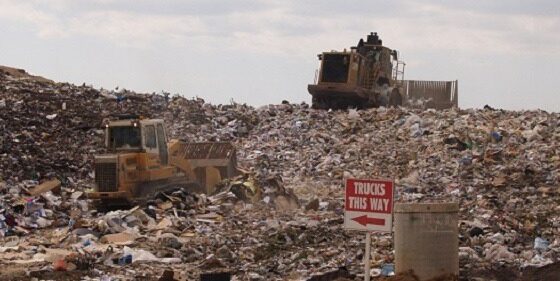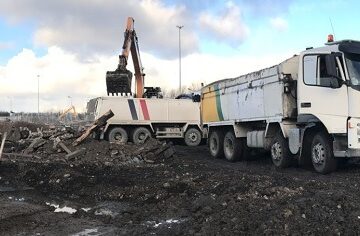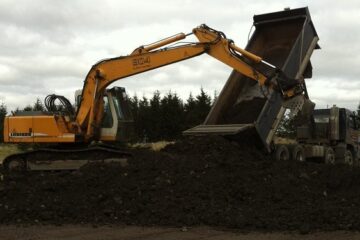In June 2012 The Cabinet Secretary for Finance, Employment and Sustainable Growth set out his vision for tax raising powers in Scotland through his statement to the Scottish Parliament
In this he confirmed that the Scottish Government’s approach to Landfill Tax (LfT) will support the Government’s purpose of achieving sustainable economic growth. Well it’s almost a year since Revenue Scotland took over LfT and what a year it’s been…!
It started with SEPA, the bastions of all things environmental, persuading RS that perfectly recyclable soils should only attract the lower rate of LfT…! Despite their web site claiming that…”Disposal to landfill is the least preferred option in the waste hierarchy and should only be used as a last resort after re-use, recycling and recovery options, as an escalating scale of taxation on materials being sent to landfill has made this an increasingly expensive option.”
After some consternation from the recycling industry RS undertook a consultation in which SEPA nailed their colours to the mast and aligned themselves with the landfill fraternity.
So, armed with little justification and completely ignoring the European Waste Framework Directive, the Scottish Zero Waste Plan, and an ironically titled publication called “Making Things Last” signed only this year (2016) by our erstwhile Secretary for Rural Affairs, Food and Environment Richard Lochhead, RS then went on to declare the inevitable result and went with SEPA’s preference. Somewhat, not surprising that the the Chair of RS Board, Dr Keith Nicholson, is also on the board for SEPA…I kid you not.
So where has this left us. Well, the soil remediation recycling sector has, as you would expect, suffered considerably with inevitable job losses, closure of a treatment center and the industry has become a Non-Circular Economy sector. But rest assured it has made the life of SEPA so much easier through reducing their workload in regulating the waste soil industry. So we can all now sleep soundly knowing that our public sector servants are spending our taxes wisely…!
But don’t worry, SEPA continue to espouse that a more circular economy will benefit:
- the environment – cutting waste and carbon emissions and reducing reliance on scarce resources;
- the economy – improving productivity, opening up new markets and improving resilience; and
- communities – more, lower cost options to access the goods we need with opportunities for social enterprise.
If you feel we’re being hoodwinked or simply want to know more about how we can save you loads of money by land-filling your waste soils up here in Scotland, why not give us a call to discuss.







Leave a Reply